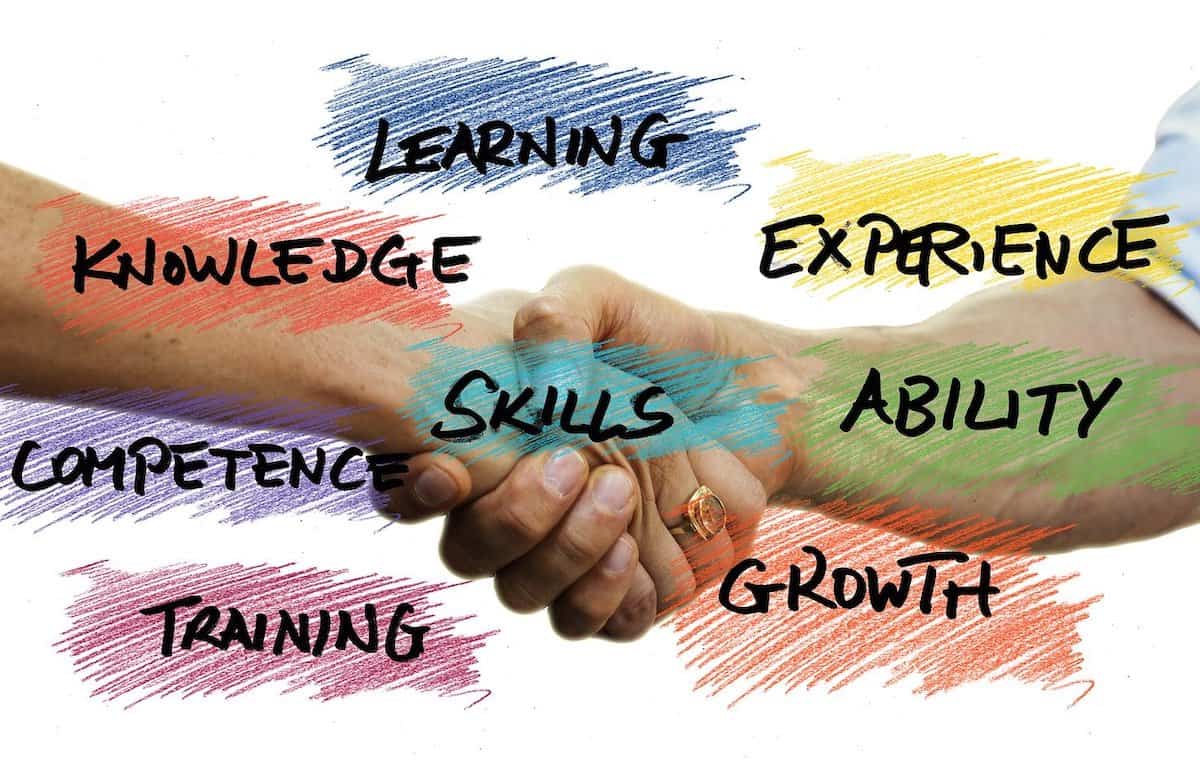When it comes to adding hard skills to your resume, it’s pretty self-explanatory. Hard skills, as opposed to soft skills, are technical, measurable, and usually either learned in a classroom or through on-the-job training.
If you’re applying for a job and you add certain hard skills to your resume, the employer may be able to test you on these or verify that you’re proficient in other ways.
Soft skills are different, but many employers are finding perhaps just as important, if not possibly more so, than some hard skills.
Soft skills are those things you can’t necessarily learn, at least not in a classroom. They’re often described as the way you do a job or how you approach it.
Employers are finding they can teach hard skills, but not necessarily the most in-demand soft skills. If you have specific soft skills, it’s a good idea to highlight them in a relevant way on your resume and then be ready to demonstrate them through real-world examples.
While it varies depending on the employer and the industry, the following are some of the most in-demand soft skills employers are looking for now.
Problem-Solving
Problem-solving is quite possible the soft skills that are most important to employers across the board. When you’re a problem solver, it means that you’re going to be an innovator as well because you can look at a problem and start thinking about solutions. Innovation is a driver of success for businesses.
Problem solvers tend to be people who take action rather than complaining, and they are critical thinkers.
If you want to show a potential or current employer that you’re a problem solver, never go to them with a problem. Instead, approach them only once you have some ideas for what solutions to said problem could be.
You always want to have a plan for how you’re going to address a problematic situation before you bring it up to your employer.
Flexibility
If COVID has taught business leaders anything, it’s to be prepared for anything. The business world is constantly changing and evolving, sometimes for the better and others for the worse. One of the most important things that a business can be is agile, and agility relies on having team members who are flexible and adaptable.
When you’re flexible and adaptable, you’ll understand that things don’t always go according to plan. Rather than relying on methods that don’t work or becoming frustrated, you can pivot quickly to find solutions and keep things moving.
One way you can showcase your flexibility is to be someone quick to jump on board with new technology in the workplace.
Communication
It can sound somewhat cliché, but communication goes a long way at work. You should have both written and verbal communication skills.
This is going to help you work well with your coworkers, and you’ll also have control over the perception other have of you.
Every employee has their own set of values that guides them in their daily lives. However, what happens when those values crash with the company values they work for? This is known as value conflict, and it can be a major source of stress for employees. But what is value conflict?
Value conflict can occur when an employee disagrees with the company’s policies, or when they feel that their personal values are not being respected by their colleagues. While it may be tempting to simply avoid these situations, value conflict can actually be a valuable opportunity for employees to learn and grow.
By addressing value conflict head-on, employees can learn to better understand and respect the values of others. In addition, they can also develop the skills needed to resolve conflicts in a constructive and positive way.
When you can communicate clearly and concisely, it’ll help you be more productive and meet project deadlines more easily too.
Empathy
Having empathy means that you can see where other people are coming from and understand their position. If you’re empathetic, chances are you have emotional intelligence in general.
Empathy allows you to have other soft skills as well, such as communication.
When you’re empathetic, you’ll be able to read people and create connections.
Emotional intelligence, which was mentioned above, means that you’re able to assess your emotions and effectively manage them, and also build relationships with the people around you. If you have emotional intelligence, you can be more influential and motivational to the people you work with, setting you up to be a leader.
Resilience
You might not think of resilience as a job skill, but in reality, it’s a big one. You want to be confident and exude that, but at the same time, you don’t want to become defensive or discouraged if something doesn’t go your way.
Look at difficult situations as opportunities to learn and grow rather than letting a setback derail you.
An employer will notice if you regularly show resilience and the ability to bounce back no matter what.
Finally, self-awareness is a soft skill you should possess. You want to be aware of how you’re appearing and showing up. Think about what you might need to change critically and be welcoming of feedback. When you receive constructive criticism, show that you’re taking it into account. And don’t forget to use your intuition.

